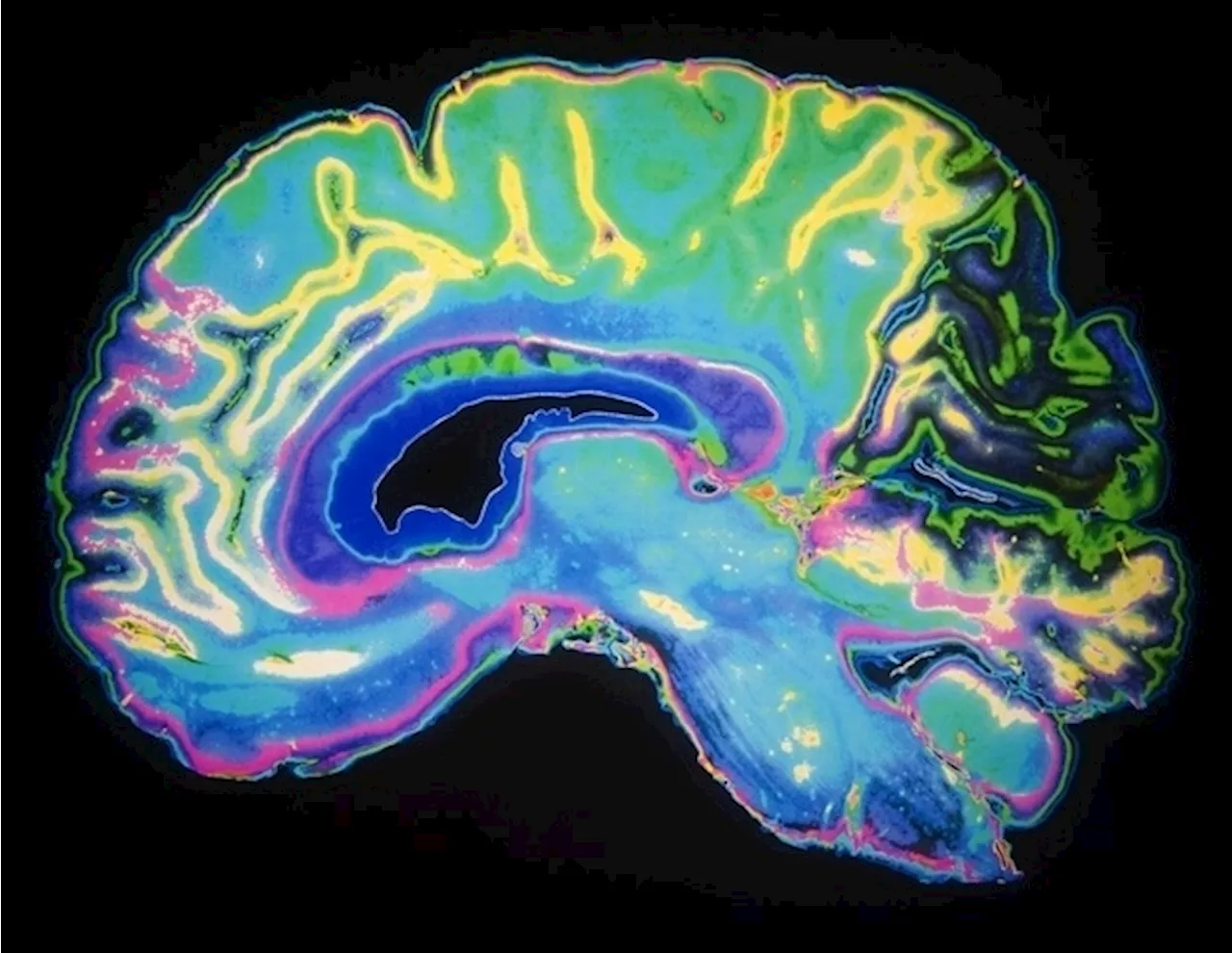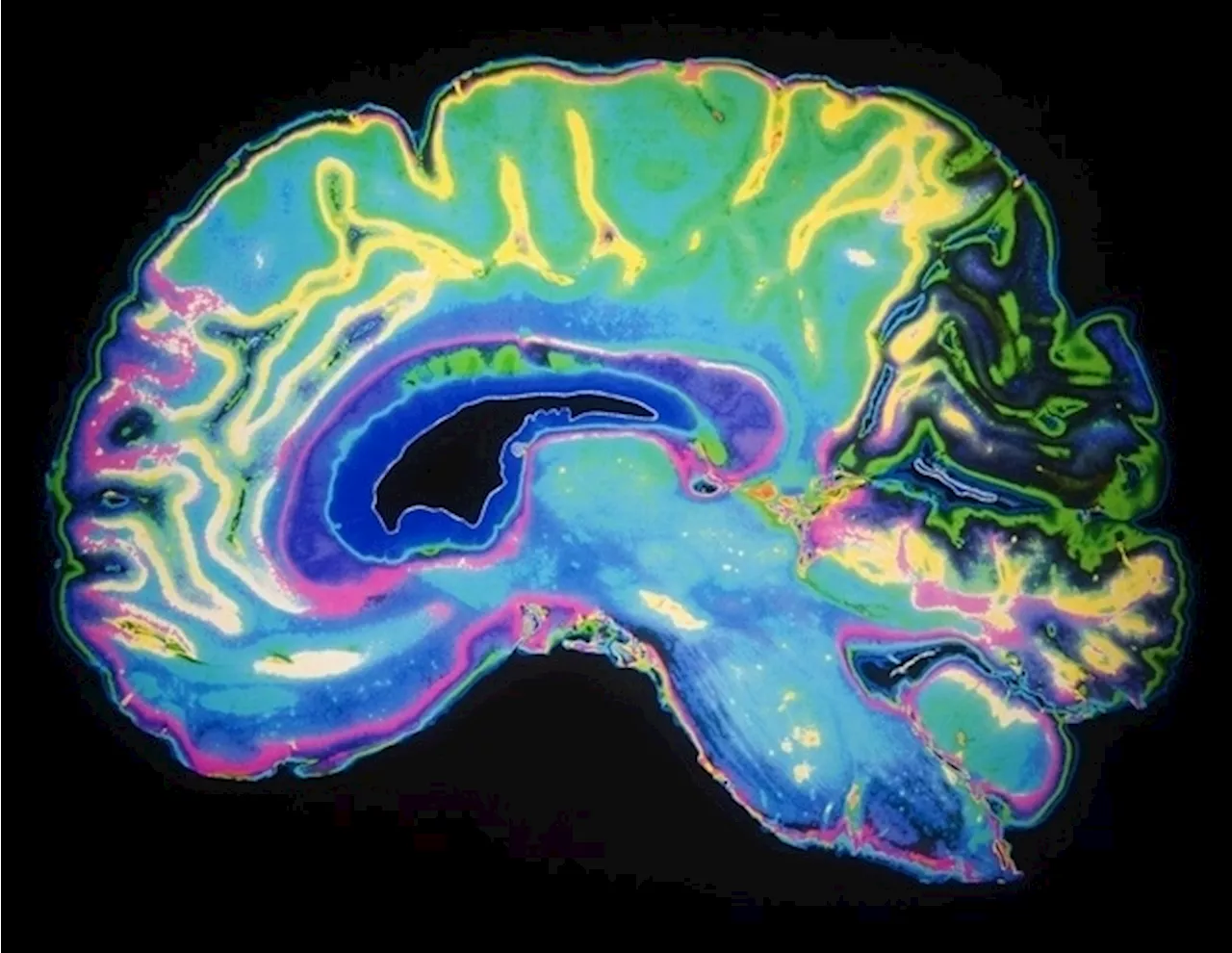A new study reveals a concerning increase in recreational ketamine use among adults since 2015, highlighting the need for increased monitoring and prevention efforts.
A recent study analyzing data from the National Survey on Drug Use and Health (NSDUH) found that past-year recreational ketamine use among adults has increased dramatically since 2015, including significant shifts in associations with depression and sociodemographic characteristics such as race, age and education status.
Ketamine use has shown promise in clinical trials therapy for several mental illnesses, including treatment-resistant depression, and the new research suggests that ongoing monitoring of recreational use trends is crucial to balancing these clinical benefits against the risk of unmonitored recreational use. Key findings include: The researchers recommend expanding prevention outreach to settings like colleges, where younger adults may be at heightened risk, as well as providing education on the harms of polydrug use, particularly in combination with opioids. As medical ketamine becomes more widely available, they also emphasize the need for continued surveillance of recreational ketamine use patterns and further research to understand the factors that contribute to ketamine use. The study, published online in the Journal of Affective Disorders, was led by Kevin Yang, M.D., a third-year resident physician in the Department of Psychiatry at UC San Diego School of Medicine. The research was supported by the National Institute on Drug Abuse of the National Institutes of Health
Ketamine Drug Use Mental Health Depression Public Health
United Kingdom Latest News, United Kingdom Headlines
Similar News:You can also read news stories similar to this one that we have collected from other news sources.
 Where the next financial crisis could emergeAs the IMF has warned, the rise and rise of private credit brings systemic risks
Where the next financial crisis could emergeAs the IMF has warned, the rise and rise of private credit brings systemic risks
Read more »
 The Rise and Fall (and Rise Again?) of Humanoid RobotsThis article explores the history of humanoid robots, focusing on the failed attempt of Pepper, a robot developed in 2014. Despite initial hype and investments, Pepper's production was halted in 2021. However, recent advancements in artificial intelligence have reignited enthusiasm for robotics, leading to a new wave of investment and development.
The Rise and Fall (and Rise Again?) of Humanoid RobotsThis article explores the history of humanoid robots, focusing on the failed attempt of Pepper, a robot developed in 2014. Despite initial hype and investments, Pepper's production was halted in 2021. However, recent advancements in artificial intelligence have reignited enthusiasm for robotics, leading to a new wave of investment and development.
Read more »
 NI mum raises £24K in memory of daughter who died after taking ketamine'In all of this, Sandra and I remain united and committed to do what we can, as two bereaved mums, to keep other young people safe from harm'
NI mum raises £24K in memory of daughter who died after taking ketamine'In all of this, Sandra and I remain united and committed to do what we can, as two bereaved mums, to keep other young people safe from harm'
Read more »
 Ketamine Addiction's Devastating Impact: Man's StoryA 27-year-old man from Kent shares his harrowing experience with ketamine addiction, highlighting the drug's damaging effects on his life, including bladder issues and social isolation. He urges others to be aware of the potential consequences of ketamine use.
Ketamine Addiction's Devastating Impact: Man's StoryA 27-year-old man from Kent shares his harrowing experience with ketamine addiction, highlighting the drug's damaging effects on his life, including bladder issues and social isolation. He urges others to be aware of the potential consequences of ketamine use.
Read more »
 Ketamine Shows Promise in Addressing Parkinson's Treatment ComplicationsResearchers at the University of Arizona have made a breakthrough in understanding levodopa-induced dyskinesia, a common complication of Parkinson's disease treatment. Their study, published in the journal Brain, found that the motor cortex 'disconnects' during dyskinetic episodes, challenging the existing theory that the motor cortex directly generates these involuntary movements.
Ketamine Shows Promise in Addressing Parkinson's Treatment ComplicationsResearchers at the University of Arizona have made a breakthrough in understanding levodopa-induced dyskinesia, a common complication of Parkinson's disease treatment. Their study, published in the journal Brain, found that the motor cortex 'disconnects' during dyskinetic episodes, challenging the existing theory that the motor cortex directly generates these involuntary movements.
Read more »
 Ketamine's Effect on Depression Studied in ZebrafishResearchers used zebrafish to study the effects of ketamine on depression and found that it acts on astroglia cells in the brain, rather than neurons.
Ketamine's Effect on Depression Studied in ZebrafishResearchers used zebrafish to study the effects of ketamine on depression and found that it acts on astroglia cells in the brain, rather than neurons.
Read more »
